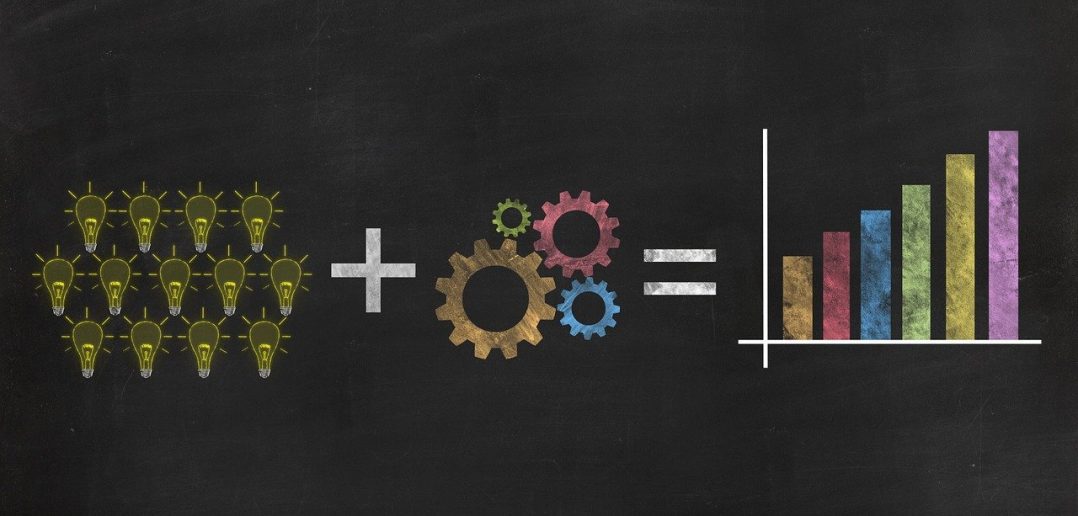It has been roughly 2.5 years since I was responsible for managing a sales team. In that time I’ve learned a lot about what a sales leader can do to support sales team Mental Health and achieve sales success.
I’ve given a lot of thought to what I would do if I took a VP of Sales role with a blank slate to build a sales team from scratch tomorrow. This post outlines the major changes I would make to how modern sales teams are currently structured and incentivized for better Mental Health.
These five pillars and questions would be my North Star in building this new environment to support sales team Mental Health:
- Safety: How can we create a more psychologically safe environment?
- Connection: How can we create better connection between people?
- Self-Esteem: How can we protect self-esteem from stressors in sales?
- Purpose: How can work be meaningful and create a sense of purpose for people?
- Health: How can we become Mentally & Physically healthier?
Here is what I would change.
1 – Removes Individual Targets and Have Team Targets Only
Radical idea right?
“Salespeople love to win and compete. Without competition, they won’t be motivated.”
I would agree that the majority of salespeople do love to compete, but the best ones compete with themselves – not each other. Building a team of “individuals” and pitting them against one another sets the foundation for a toxic culture that lacks trust and doesn’t support Mental Health.
It also roots motivation in Fear and in doing so keeps a percentage of your team operating in Fight/Flight/Flounder mode, which shuts down their logical, creative and problem solving decision making.
It’s nearly impossible to feel safe, connected and love yourself when you’re near the bottom. When you’re emotional, we all make poor health decisions and the purpose of work should not be about beating others. It should be about helping the customer.
Individual team targets fail every North Star metric I’m using to support sales team mental health.
Takers, Matchers and Givers
Adam Grants research on Takers, Matchers and Givers in the corporate world support this idea. Most of the time, each of us fall into one of these three buckets when interacting with others:
Taker: Takers are people who exploit others for their own personal gain. They are the people who compete against their colleagues and ruthless in business. They prioritize short-term gains over long-term relationships.
Matcher: Matchers believe what goes around comes around. They believe in equal give and take within their relationships.
“If I do something for you, you do something for me.” They also hate nothing more than seeing a Taker “take” and get away with it.
Giver: Givers are supportive people who enjoy sharing their expertise and helping the careers of others. They share their networks and business contacts and give their time to mentoring people freely.
As a result, this puts them at risk of being taken advantage of by Takers and overtime, if this is consistent, they become Matchers. Givers move away from their giving nature in order to protect themselves.
Adam’s research shows the more people are helping, sharing and mentoring, the better an organization does on every performance related metric. At an individual level – the data shows salespeople who are givers consistently bring in the most revenue.
By implementing “Team Only” targets you create an environment where a “giving” culture can be fostered and protected. You also keep Takers out by making the team environment less attractive to them when it is presented during the interview process.
With a team target approach, everyone on the team, including the sales leader, is connected to the belief:
“We win together. We lose together.”
Improve Your Mental Health in Sales for $10
Commissions would be paid out equally to each member of the team based on team performance. With the right people in the organization – givers & matchers – the risk of salespeople taking advantage of the system is low.
Motivation and accountability also remains high because people feel safe, connected and incentivized by team success (see below).
Though this is a radical idea for sales teams to consider, the pro’s of adopting a team target approach, greatly outweigh the benefits and risks that come with building a team of individuals with their own targets.
2 – Commission
With team targets in place, commission would be paid out equally based on overall team performance. There would also be a an annual bonus that would be paid out each year based on individual revenue contributions to the team.
For example – Annual Bonus Fund of $25,000
If a rep was responsible for contributing 50% of the overall revenue to the team, his annual bonus would be $12,500.
3 – Use Cyclical Target For Better Sales Team Mental Health
One of the biggest errors sales organizations make in how they set targets is when they consistently move the goal posts each month or quarter.
If we’re trapped on a hamster wheel and always trying to go faster, there is no opportunity to rest, recover and actually spend time reflecting on what we learned. Instead we end up trying to sprint a marathon and burn ourselves out.
Cyclical targets allow teams to slowdown so they can speed up and would cycle between Recovery Targets & Stretch Targets.
Recovery Target: Team targets would be set lower than the previous month. Sales team incentives and competitions for this month would revolve around self-care and personal development achievements.
These would be periods when salespeople, like athletes, could prep for “The Big Game.”
Stretch Target “The Big Game”: Team targets would be set substantially higher than the Recovery Target and higher than the previous Stretch Target. Sales team incentives and competitions would revolve around effort based metrics like dials made, emails sent, etc.
Improve Your Mental Health in Sales for $10
With a fully rested team – they could push harder than usual, knowing they would have time to rest, learn and recover in the next month.
4 – Sales Team Mental Health Bonus
Team members who opt in to the Health program could earn additional monthly cash bonuses for simply taking care of their well-being.
Each team member who participates, would be provided with a WHOOP band and be awarded a Health Bonus each month based on the following two metrics:
- Sleep consistency.
- Physical fitness consistency.
With an incentive to put individual health and well-being first; overall team health and resiliency to stress will lead to higher overall sales performance.
5 – Leaderboard + Hall of Fame
These metrics would be visible to each individual on the team at all times to help keep individual progress and personal growth visible. Two key factors research has shown to help build resilience and ensure work remains meaningful and purpose driven:
- Lifetime revenue closed.
- Biggest deal closed.
- Percentage of revenue contributed to current team target.
- Current streak of weekly metrics achieved in a row. Weekly metrics would be used over daily metrics; example – rather than minimum of 30 calls per day, it would be minimum of 150 calls per week.
- Assists earned. A daily assist would be voted on by the team each day and awarded to the rep who completed the most helpful task of the day.
A Hall of Fame would also be created to highlight the all time bests in company history for the following categories:
- Biggest deal closed.
- Most revenue closed.
- Most assists earned.
- Greatest percentage of revenue contributed by an individual in a give month/quarter.
Final Comments About Sales Team Mental Health:
These may seem like some pretty extreme ideas, but I assure you everything outlined above is rooted in science/ research that should lead to better overall team performance, engagement and well-being.
But I’m open to discussion on what you use to support better sales team mental health.
What do you like and not like? What do you think is too far out of the box to work?
Leave your comments below.
Improve Your Mental Health in Sales for $10
About The Author

Jeff Riseley is currently the Founder of the Sales Health Alliance and Mental Health Advocate. With over a decade of sales experience – Jeff understands the importance of Mental Health in achieving peak sales performance.
Jeff combines his sales (Sales Knowledge Institute) and Mental Health expertise to improve sales performance through a mix of sales mentorship and mental health best practices. His strategies have helped sales teams improve their sales process, while helping them become more motivated, resilient and better equipped to tackle stressful events within sales.
He is currently delivering these strategies through on-site workshops, coaching and speaking engagements. To explore working with Jeff contact him at [email protected]





1 Comment
Pingback: Mental Health Benefits of Treating Sales Like a Marathon Runner - Sales Health Alliance